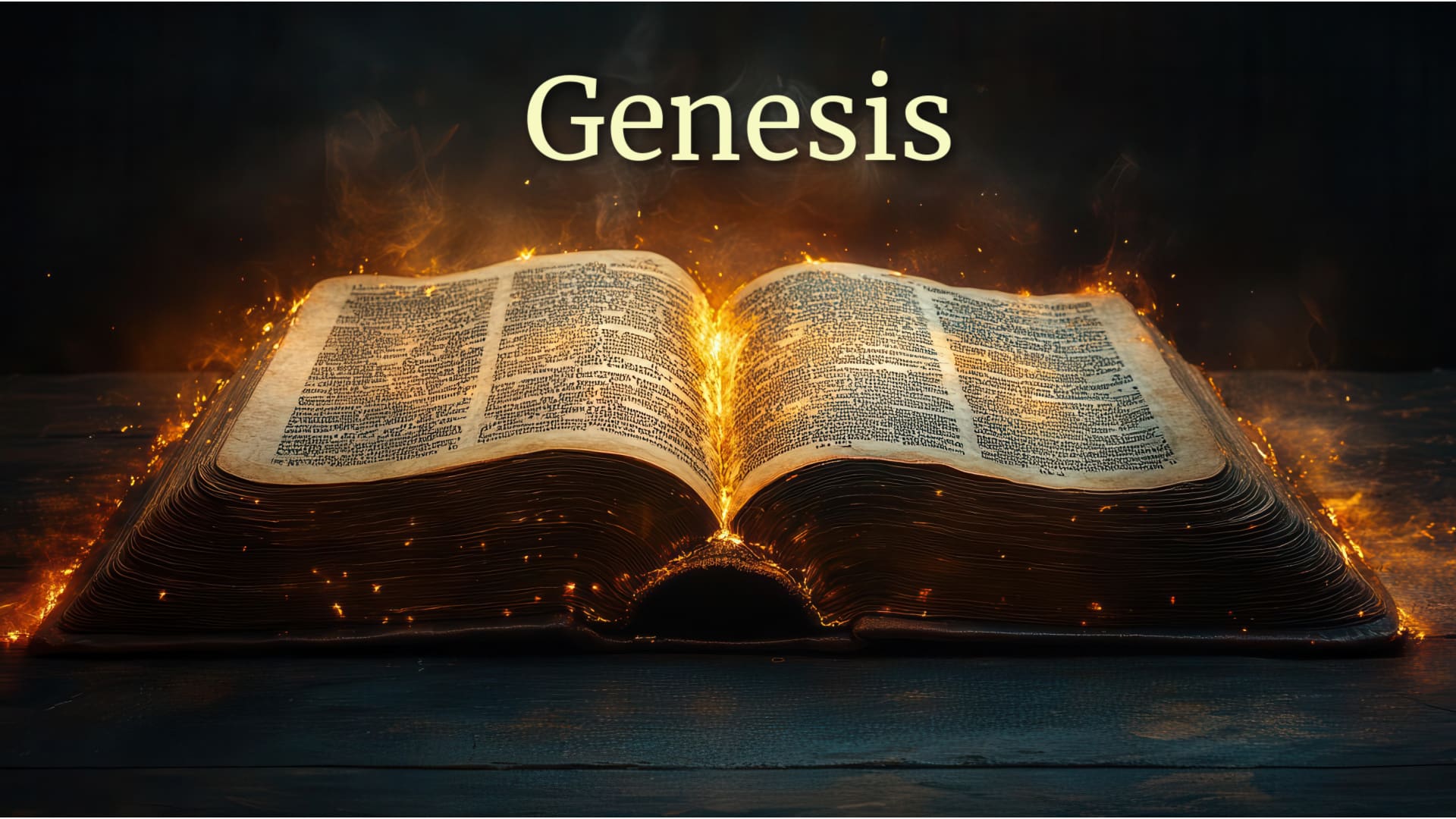
Isaac the Fortunate
And Isaac went out to meditate in the field in the evening; and he lifted up his eyes and looked, and behold, camels were coming. And Rebekah lifted up her eyes, and when she saw Isaac, she alighted from the camel, and said to the servant, “who is the man yonder walking in the field to meet us?” Genesis 24:63-65
Isaac, Abraham’s and Sarah’s “Laughter,” is a most fortunate man by biblical standards. He grows to a ripe old age rich from beginning to the end, and found true love with his wife Rebecca. Apart from his run-in with Abimelek the Philistine, lying like his father did in Egypt to protect his beautiful wife (26:1-11, cf. 12:10-20), and the struggle over the wells (26:12-16, also vv. 17-22 at Gerar), we really do not know of any notable event or accomplishment in his life.
Perhaps a fair criticism of this august patriarch is that he showed favoritism towards his son Esau out of his love for wild game. Given Jacob’s rather unpleasant personality, we might suspect that more was at play here than mere culinary passions. Rebecca favored Jacob, and we see triangular relations forming: father and Esau against Jacob, and mother and Jacob against Esau. This is classic dysfunction. However, we do maintain that on biblical standards, Isaac’s life was a bed of roses.
By far the most interesting story has to do with how his father’s servant found Rebecca for Isaac (Chapter 24). It is a perfectly constructed love narrative around a well. (Isaac was not always so lucky with wells! But see 26:32f.) The servant is altogether lovable in his simplicity and Rebecca is utterly charming in her youthful beauty. Isaac is mentioned only at the tail end of the narrative where it is said that “[he] went out ‘to meditate’ in the field in the evening” (24:63). For millennia pious souls have been ravished with the thought of Isaac’s spirituality. However, the verb translated “to meditate” (Hebrew śûaḥ) happens only here with no cognates, and so we are left with no clue as to what it means. Given Rebecca’s observation (v. 65), scholars tend to translate it with the more innocuous “to take a stroll.”
Be this as it may, Isaac certainly functions, like his father before him, as a priest in the land of promise. He has a God-encounter where the promise of Eden Falls upon him with the mandate to bless the world (26:1-5). He carries this blessing on to Jacob, albeit unwittingly (27:27-29), and his word over Esau is the very opposite of Eden’s blessing (27:39-40).
We must come back to the point that Isaac does not accomplish anything worthy of note in his life, at least in the worldly way of Cain’s line with its inventors of metallurgy and musicians, or Nimrod, a great warrior and builder of cities (see Faustian Patterns above). For that matter, the same can be said of Abraham himself, and certainly about Jacob. These are not heroes, mighty men of war, builders of cities and buildings as we see enshrined in the national epics of pagan lore. In fact, they were ordinary men painted warts and all. That to me is one of the most fascinating things about these stories ─ that they grip our souls without pomp and circumstance. Everything turns on relationship, covenant, and blessing. Everything is about God and His encounters and the promises. This is why the great patriarchal triad of Abraham, Isaac, and Jacob belongs to all humanity through the Hebrews; they are everyman, and their wives, every woman.
There is one more thing to note about Abraham’s servant. When he discovers that God had answered his simple prayer with Rebecca, he gives praise to God: “Blessed be the Lord, the God of my master Abraham, who has not forsaken His mercy and faithfulness toward my master” (Gen. 24:27). It has to do with the two words translated “mercy and faithfulness.” My mother, Ethel Worgul, who meditated deeply on Scriptures every day of her life, once wrote me a brief note saying,
John, I could write a book on mercy and truth [or faithfulness as above]. Notice how skillfully Abraham’s servant used these words at the well after meeting Rebecca (Gen. 24:27) and how beautifully Jacob used those words when he asked for deliverance (cf. Gen. 32:10).
At the time, I really didn’t think much of it, but placed it in my Hebrew Bible. Years later, it caught my attention, I dug into it, and it opened to me. Though she did not possess the philological tools, she grasped the theological depth of these paired words, mercy (Heb. ḥesed) and truth (Hebrew ‵emet). This coupling of words is fundamental to the covenantal structure of the entire Bible (cf. Ex. 34:6, John 1: 14). She was God-taught, and the words of Psalm 25:13 apply to her, “The Secret of the Lord is with those who fear Him, and He will show them His covenant.”
Takeaway: Many lives seem to be very uneventful, but in the big picture, they play a crucial role in God’s plan.
Question: Does the story of Isaac inspire you in any way? If so, how? If not, why?
0 Comments